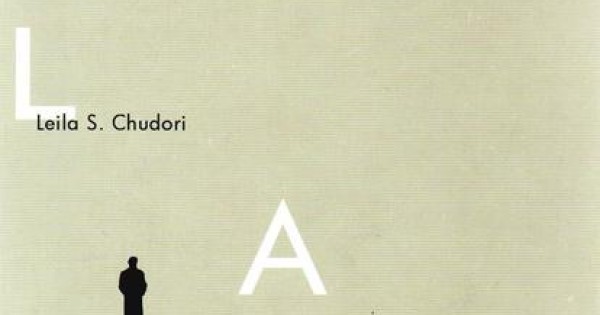
Everything had to build up, I had to create a universe. With Pulang, for example, I met a group of exiled activists in 1988, but only began conducting research for the book in 2006, and then the book was finally released six years later. My novels have been inspired by real events, of course, but I need to be interested in the characters. Leila S Chudori: Like any other author, I start with the characters first, I don’t start with a specific event or message in mind.

What motivates you to have such a strong focus on these dark events in Indonesian history? Intan Paramaditha: Pulang and Laut Bercerita both engage with historical violence. Excerpts of their conversation are repeated below.

Intan’s latest book, Gentayangan: Pilih Sendiri Petualangan Sepatu Merahmu (‘The Wandering: Choose Your Own Red-Shoes Adventure’) was published in October. Leila spoke to fellow writer and academic Intan Paramaditha at the University of Melbourne on 9 November. It was released at the Ubud Writers and Readers Festival in 2017. Her new novel, Laut Bercerita (‘The Sea Speaks His Name’), tells the story of activists disappeared during the Soeharto regime, and the loss felt by their friends and families. Pulang focused on Indonesians in exile following the 1965 violence. Her widely acclaimed first novel, Pulang (‘Home’), won the Khatulistiwa Literary Award in 2013, and has been translated into English, French, Dutch, German and Italian.

She is also a senior editor at Tempo Magazine, where she is responsible for the column on language and film reviews. Leila S Chudori is one of Indonesia’s most prominent and outspoken authors. Authors Leila S Chudori and Intan Paramaditha Discuss Writing and Historical Violence


 0 kommentar(er)
0 kommentar(er)
